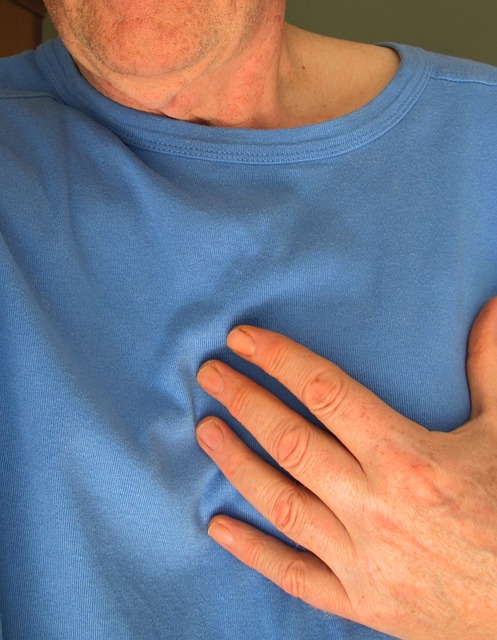An interesting article titled “Porphyromonas gingivalis, a periodontal pathogen, impairs post-infarcted myocardium by inhibiting autophagosome–lysosome fusion” written by Yuka Shiheido-Watanabe and et. al. appears in the International Journal of Oral Science. This study investigated the molecular mechanisms underlying the adverse effects of P.g. infection on post-MI myocardial remodeling. P.g. infection impaired autophagosome–lysosome fusion, a step in the autophagy process.
The study showed that the periodontal pathogen Porphyromonas gingivalis can exacerbate heart damage after a heart attack. The researchers found that the bacterium can accumulate at the site of injury and contribute to tissue damage. The mechanisms for which this occurs is stil under investigation.
In an effort to understand how Porphyromonas gingivalis contributes to heart damage, the researchers developed a modified version of the bacterium that lacks a key protein called gingipain. This protein is known to protect cells from programmed cell death. The researchers then exposed heart cells in mice to this modified bacterium.
The researchers also found that the effects of a heart attack were more severe in mice infected with wild-type P. gingivalis than in those infected with the mutant pathogen lacking gingipain. This suggests that gingipain may also be involved in the bacterium’s ability to worsen the effects of a heart attack. These findings suggest that inhibiting gingipain activity may be a potential therapeutic approach for reducing the severity of heart attacks.

Image by Gerd Altmann from Pixabay
The researchers further discovered that gingipain disrupts the fusion of autophagosomes and lysosomes, two cellular components essential for autophagy. This disruption led to the enlargement of cardiac myocytes and the accumulation of proteins that would normally be eliminated to safeguard the heart muscle. Treatment with VAMP8 siRNA or a gingipain inhibitor restored autophagosome–lysosome fusion and improved myocardial viability. These findings suggest that P.g.-induced inhibition of autophagosome–lysosome fusion contributes to myocardial damage after heart attack. Thus treating periodontal disease, a prevalent oral condition, could potentially lower the risk of fatal heart attacks.
